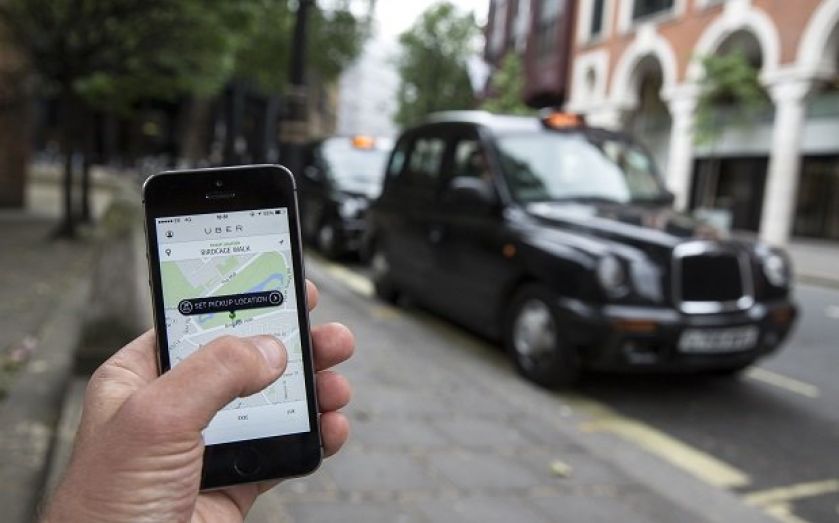Uber taxi app could face fresh crackdown under a Labour government

Taxi app Uber could face a much more hostile regulatory and tax regime if a Labour government is elected in 2015.
Speaking at a fringe event hosted by the New Statesman at the Labour conference, shadow transport secretary Mary Creagh said her party would not tolerate "tax avoidance on a large scale" adding that Uber's tax arrangements were "interesting".
Creagh said Uber needed to "do more to demonstrate that its drivers are paying taxes". Her comments echoed a letter recently penned by chair of the public accounts committee and Labour MP Margaret Hodge that claimed Uber “unfairly undercut London operators by opting out of the UK tax regime".
However, an Uber spokesperson said the company "complies with all applicable tax laws, and pays taxes in all jurisdictions, such as corporate tax, income tax, payroll tax, sales and use tax, and VAT".
Addressed to London mayor Boris Johnson, Hodge's letter argued that Transport for London (TfL) was "failing to apply the appropriate regulations". The Uber app is operated via Dutch entity Uber B.V., meaning the company is not obliged to pay UK corporation tax.
Creagh's comments were welcomed by the general secretary of the London Taxi Drivers Association Steve McNamara, who didn't mince his words in his condemnation of the San Francisco-based company:
Uber is a massive American monster that uses its financial muscle and army of Lawyers to threaten, cajole and kowtow licensing authorities and regulators to enable them to operate in breach of all existing licensing laws.
Despite making substantial profits, they then avoid paying any tax in the UK by use of complex set ups through Holland and the Bahamas.
Boris Johnson has decided not to take any action against Uber but has voiced his discomfort with the company's practices labelling it "excessively bumptious".
Labour's analysis of Uber's tax arrangement's has not gone unchallenged, with observers pointing out the majority of cabbies in London don't pay corporation tax because they are self-employed drivers and not part of a corporation.
Furthermore, under the rules of the European single market it is illegal to take into account the national origin of a company when considering whether to grant licences.
The Institute of Directors was quick to respond to Creagh's comments, warning against anything that may undermine progress in the industry:
As new technology and innovation continues to change the way we go about our lives, more and more people will be able to take ownership of their labour and get a foothold in the economy.
It's exactly this kind of new economy that Uber represents, and politicians should be careful not to demonise Uber drivers.